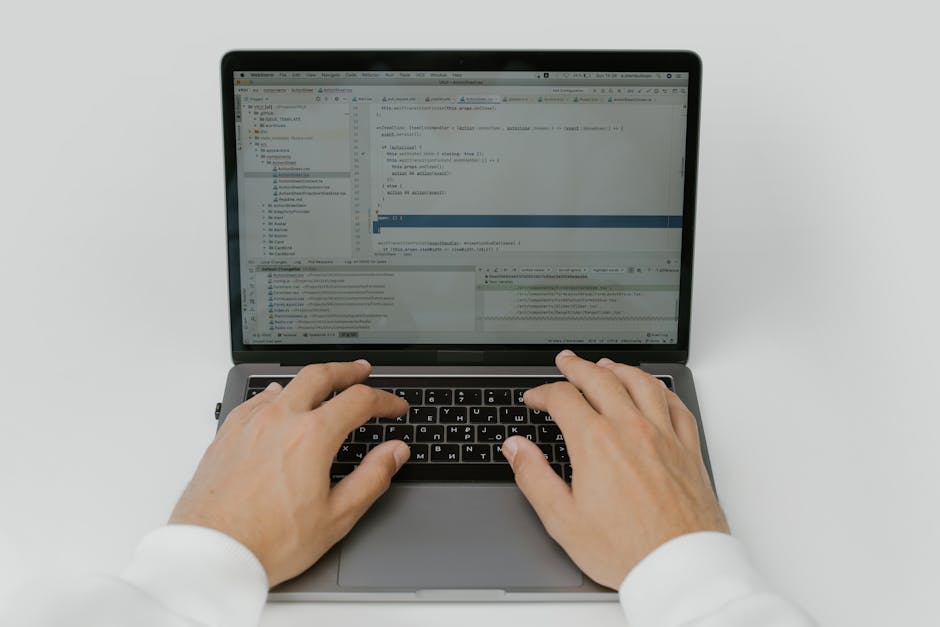Security Risks Of Cloud Computing
Over the past few years, cloud computing has become almost ubiquitous. It is not hard to find yourself asking how secure these services are!
Many people begin to worry about security when they first use the internet, but it’s even more important for those that rely heavily on online resources. Technology should be used with caution, but there is an argument to be made that it can be less risky than using traditional desktop or mobile software.
This article will talk about some potential risks of using cloud-based apps and services, as well as ways to mitigate them. At the end you will have a better understanding of just how safe (or unsafe) any individual app or service is.
Hacker attacks

Recent high-profile cyberattacks have put a spotlight on just how much risk there is in sharing information, resources, and technology that connect people all over the world.
Cloud computing services offer some benefits, but also pose certain risks to your personal data, business documents, and apps. On top of that, hackers can access your cloud accounts using their own credentials or those of someone with privileged access to you’d pay for the service.
There are several types of threats that could result in malicious activity like computer hacking, malware infection, identity theft, and financial loss. And although most major cybersecurity firms agree that privacy protections in place vary depending on what level of detail people share in various settings, none completely guarantee 100% security.
Cybersecurity experts say it will always be possible for attackers to create new vulnerabilities, so make sure to exercise caution when giving online permission to others. You should never give out valuable information like passwords beyond necessary steps such as creating an account. Make sure to use strong passcodes and don’t reuse them anywhere!
Be careful about which files you keep in the cloud and remember that even if you encrypt them, there may be ways to decrypt them if you forget your password or lose your phone. It is important to consider the costs of having and paying for a good cybersecurity system before letting other people use cloud apps and services.
Confidential information

As mentioned before, one of the biggest risks with cloud computing is confidentiality. This risk comes in two main forms – privacy violations and malicious hacking.
Privacy violations occur when private information (such as emails, chat conversations, credit card details, etc.) are accessed or stolen by individuals or organizations that have access to the data.
This could be someone who works for your company that stole login credentials, an individual hacker, or a foreign entity such as China to gain more insight into our political system.
Malicious hackers can use this info to hack into other accounts, impersonate you, or do things like run up large bills.
They may even create fake websites and applications using your identity for fraudulent purposes! All of these dangers arise because of what we call “horizontal” connectivity.
With horizontal connectivity, all of your personal information is accessible from anywhere, which makes it much easier for people to steal it.
Damage caused by a natural disaster

Recent hurricanes, earthquakes or other major events can cause significant damage to infrastructure and loss of business due to power outages, telecommunications disruptions and computer hardware and software failures.
In fact, according to a report from Business Insider, over half (52%) of all small businesses that suffer an outage during a national emergency are unable to operate without help because they do not have enough backup equipment.
This is more likely than not the case for larger companies which usually have adequate resources available before a crisis occurs. However, it is important to remember that even large corporations will be hurt by a catastrophic event at some time.
If you work for one, you should know what kind of protections your company has in place so you are not personally liable if something happens.
Consumers also need to be aware of their state’s laws regarding data storage and collection after a catastrophe.
Security breaches

Recent high-profile cloud computing security breaches have put a scare into people about using the services provided by companies that offer this technology. It is very common to hear stories of hackers accessing your private information due to someone else’s mistake.
In some cases, these mistakes were not even related to you as a person, but rather to a third party that benefits from the provider’s service. For example, say you use Netflix as an online movie streaming service and they launch their own movie streaming service.
They may give away free accounts to many users so that users will invite their friends to use the new service. These non-paying users would then get access to all of your personal information because it is being shared with Netflix.
This happened to over 30 million people in 2016 when Overstock gave out employee discount codes for its site.
0 Comments